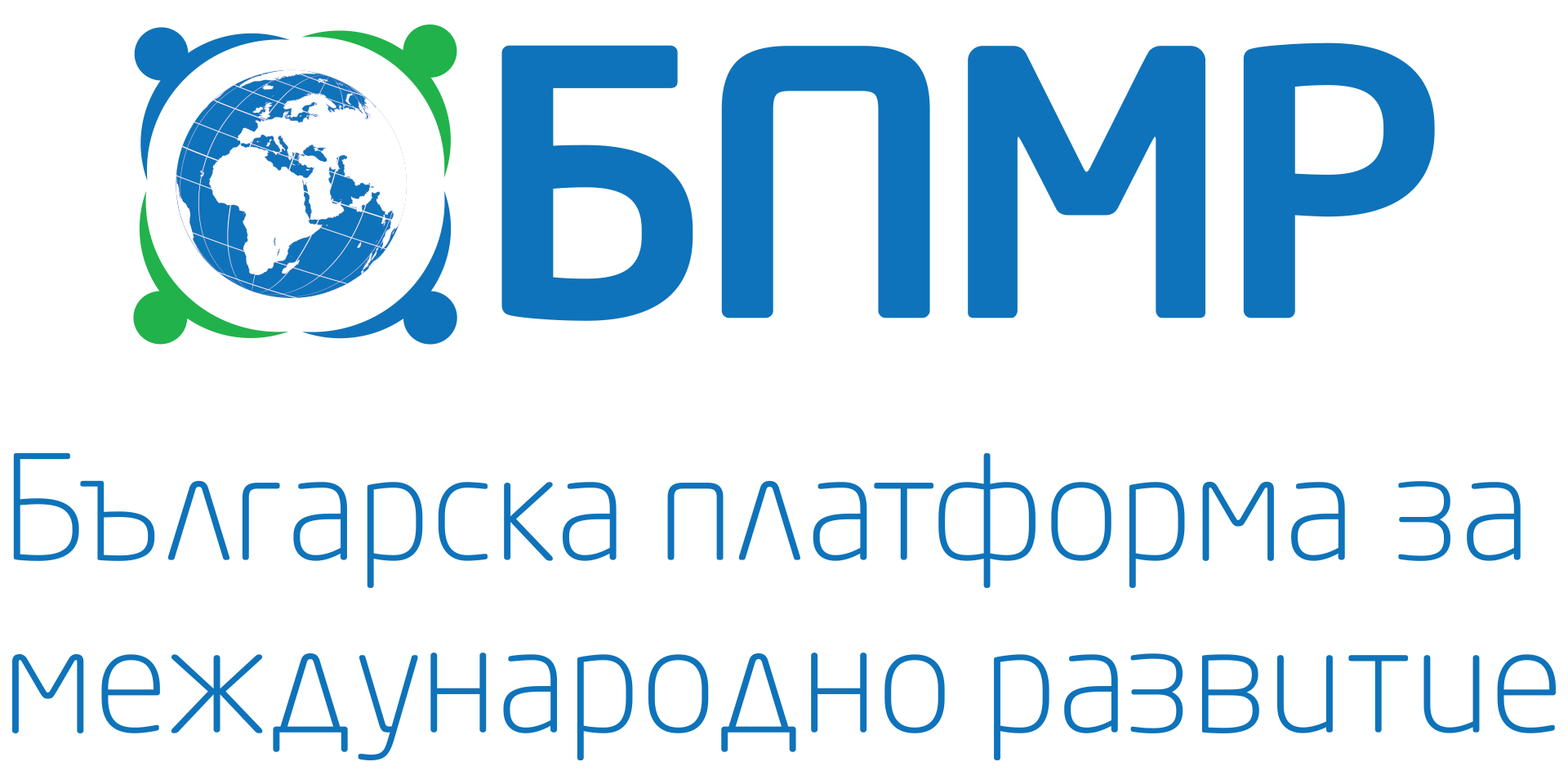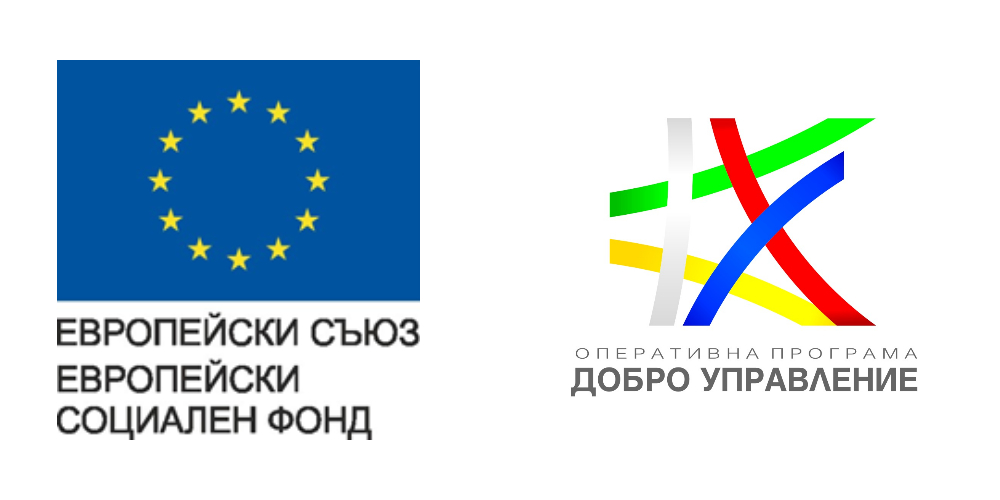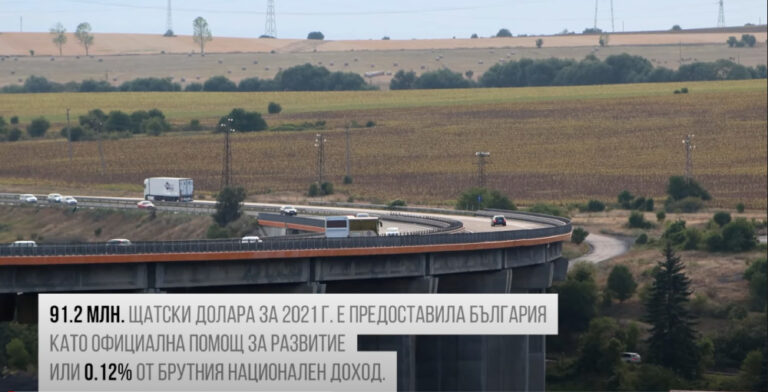

We, the representatives of the non-governmental sector, being part of the civil society organizations in Bulgaria,
taking into account:
– The Non-Profit Legal Entities Act (NPOA) and in particular Article 4. par. 1 and 2 (amend. – SG 74/2016, in force from 01.01.2018)
– Decree No 234 of the Council of Ministers of 1 August 2011 on the policy of the Republic of Bulgaria on participation in international development cooperation;
– The Medium-Term Programme for Development Assistance and Humanitarian Aid of the Republic of Bulgaria for the period 2020-2024, in particular the objectives: ‘Establishment of an efficient legal framework’ through a performance indicator: adoption of the ‘Law on International Development Cooperation and International Humanitarian Aid’ by the National Assembly by 2021 and ‘Enhanced participation of the Bulgarian NGO and private sector in Official Development Assistance (ODA)’, followed by quantitative performance indicators;
– UN Agenda to Transform Our World: 2030 Agenda for Sustainable Development and the Sustainable Development Goals (SDGs);
– Bulgaria’s membership in the European Union and our country’s commitment to the EU by 2030 – 0.33% of Gross National Income (GNI) to be allocated to development aid;
– Article 208(1) of the Treaty on the Functioning of the European Union (TFEU), in particular the wording that “the Union shall take account of the objectives of development cooperation when implementing policies likely to affect developing countries”;
– Article 3(5) of the Treaty on European Union (TEU), which states that, in its relations with the rest of the world, the Union shall, inter alia, “contribute to peace, security, the sustainable development of the planet, solidarity and mutual respect among peoples, free and fair trade, the eradication of poverty and the protection of human rights”;
– The Joint Statement of 30 June 2017 of the Council and the Representatives of the Governments of the Member States, meeting within the Council, of the European Parliament and of the European Commission on the new European Consensus on Development – “Our World, Our Dignity, Our Future”;
– Regulation (EU) 2021/947 of the European Parliament and of the Council of 9 June 2021 establishing an Instrument for Neighbourhood, Development and International Cooperation – Global Europe;
– European Parliament resolution of 14 March 2023 on policy coherence for development (2021/2164(INI));Decision of 25 January 2022 of the Council of the Organisation for Economic Co-operation and Development (OECD) to open accession talks with Bulgaria and other candidate countries;
– Roadmap for Bulgaria’s accession to the Organisation for Economic Co-operation and Development, adopted by the OECD Council on 10 June 2022;
– Systematic Analysis “Bulgarian Development Cooperation” prepared by the OECD Development Cooperation Directorate for the Ministry of Foreign Affairs,
observing:
– the lack of a specific law as an existing deficit in the current Bulgarian policy system for international development cooperation;
-the existing weakening in the overall hierarchy of normative acts and coherence of the legal framework of development cooperation in Bulgaria, as the objectives of the development policy in the higher legislative document – Decree No 234/2011, are updated in a political document with a lower rank, such as the Medium-Term Development Assistance and Humanitarian Aid Programme of the Republic of Bulgaria for the period 2020-2024;
– the lack of a separate administrative unit for development cooperation to optimise both inter-institutional interaction and coordination between the structural units of the Ministry of Foreign Affairs (MFA) and the involvement of civil society organisations (CSOs);
-the existing legal framework, which prevents Bulgarian CSOs from participating in the implementation of development activities, as Decree No. 234/2011 regulates the provision of funds only to public entities in Bulgaria, but not to non-governmental entities, as they fall within the scope of the Non-Profit Legal Entities Act (NPOA), which states that in order to receive funding from the state budget, the conditions and procedure must be laid down in a special law and comply with the rules for state aid,
highlighting:
– the key role of Civil Society Organisations (CSOs) in transparent and effective development cooperation policy,
– the call in the UN 2030 Agenda to include NGOs in development cooperation activities;
– the OECD’s recommendation on the need to revise the legislative base in Bulgaria and to elevate it into a legal normative act to enable the participation of Bulgarian CSOs in the implementation of development cooperation activities;
– the necessary dual democratic legitimation of international development cooperation policy, which is only possible with the active participation of civil society and the national parliament;
– the result of an analysis of Member States in the European Union showing that more than 62% of EU Member States have a law on development cooperation and humanitarian aid;
– the need to modernise legislation in the field of Bulgarian international development cooperation policy in such a way as to build a stronger, effective and coherent development cooperation system;
– the need to adopt in Bulgaria an act of higher legal force than a decree of the Council of Ministers, which would demonstrate the higher importance of public relations in the field of development policy;
– the drafting and adoption of a law as a prerequisite for more lasting regulation and to create a framework that could allow for building and development with additional delegated acts in the field of international development cooperation;
call for:
– creating an enabling environment for civil society organisations in Bulgaria in the field of development cooperation;
– Engaging with CSOs at strategic and operational level on Bulgarian international development cooperation policy;
– Preparation and adoption of the Law on International Development Cooperation and Humanitarian Aid.
ADRA Bulgaria
Bulgarian Family Planning and Sexual Health Association (BFPA)
Bulgarian Red Cross
United Nations Association in Bulgaria
National Network for Children
NCF Caritas-Bulgaria
Alliance for Regional and Urban Development. Initiatives
Association for Shared Learning ELA
CEGA Foundation
Global Initiative in Psychiatry Foundation
Global Libraries Foundation – Bulgaria
Gender Education, Research and Technology Foundation
Economic Policy Institute Foundation
Centre for Open Education
Centre for Sustainable Community Development






